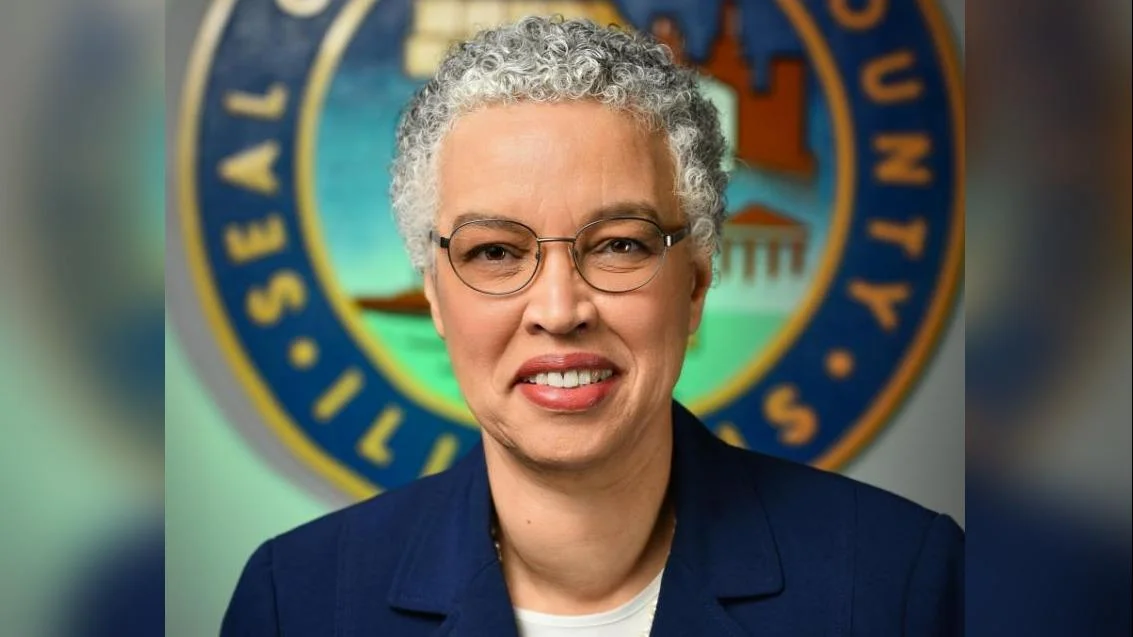I recently engaged in a conversation with an individual who held contrasting views to mine regarding political realities both domestically and internationally. Due to our differing perspectives, assumptions were made about me that I felt disregarded my individuality. There was no inquiry into my viewpoints; instead, assumptions were formed about my identity and the reasons behind my religious, political, and global perspectives.
The discussion ended with the statement: “I have known you for years, and I know how you think,” implying that I had not evolved over time. This remark reflected a belief in absolute opinions—unchangeable and certain—while perpetuating stereotypes and misunderstandings of my values.
Daily interactions often involve placing people into societal boxes based on race, class, gender, religion, sexual orientation, political affiliations, among others. These categories come with stereotypes that shape expectations about individuals’ behavior and choices. Such assumptions can prevent us from learning from others and contribute to deepening divisions within communities—including political and theological ones.
Assumptions are prevalent even within groups sharing commonalities. Over time, these barriers reduce communal investments in relationships by preventing genuine understanding unless there is willingness to engage beyond preconceived notions.
In exploring this topic further, I read "I Never Thought of It That Way: How to Have Fearlessly Curious Conversations in Dangerously Divided Times" by Mónica Guzman. Published in 2022, Guzman's book addresses political polarization challenges through dialogue across divides. She illustrates using personal experience where she voted differently than her parents in recent presidential elections.
Guzman writes: “We can’t not make assumptions about people... All we can do is notice the assumptions we are making and ask why." She emphasizes curiosity as a tool for breaking down walls created by assumption through meaningful conversations.
Guzman’s insights offer paths forward beneficial even within faith communities facing divisive differences threatening unity as the body of Christ. Embracing our neighbors as ourselves (Mark 12:30-31) aligns with biblical visions like Isaiah 11:6-9’s peaceful coexistence imagery.
In an era where differences fuel conflict globally or locally; fostering relational investments may drive positive change needed today more than ever before—to question responses influencing each other toward transformation remains crucial moving ahead collaboratively across various spheres encountered daily worldwide today now always forevermore together anew!
 Alerts Sign-up
Alerts Sign-up





